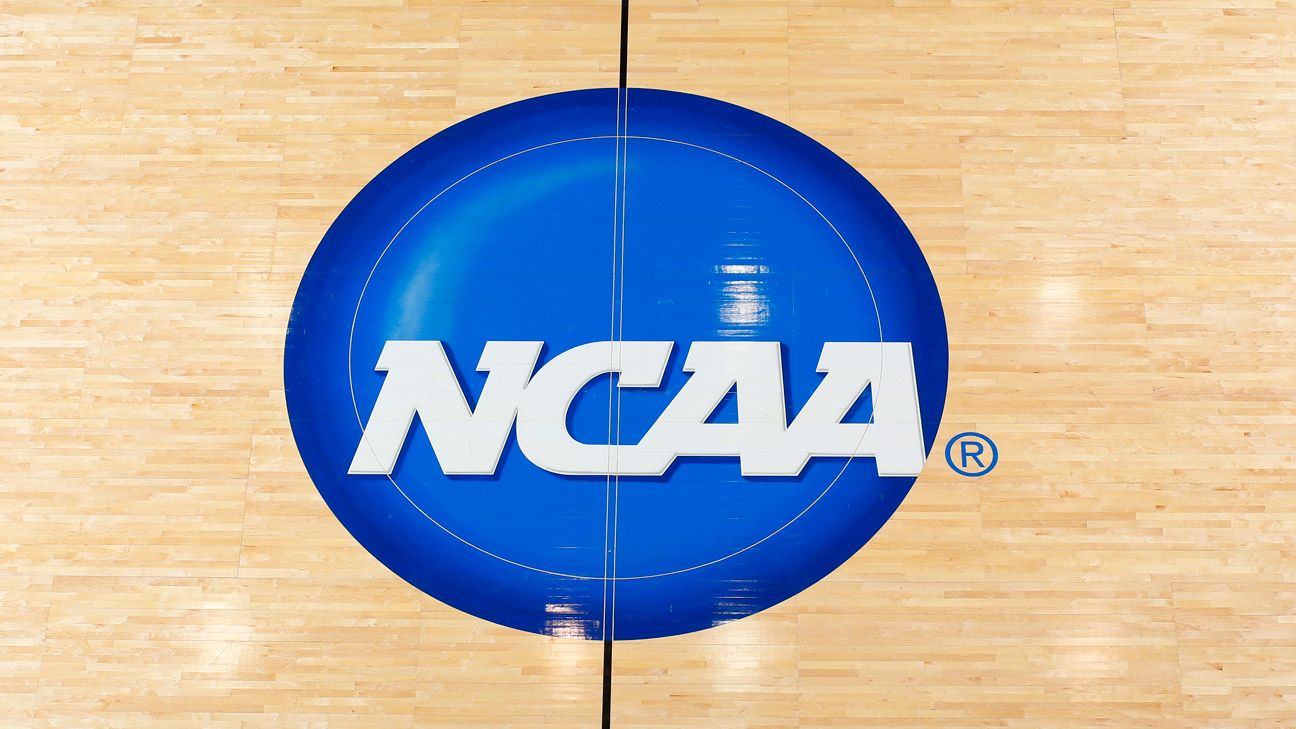The NCAA is amending its penalties for student-athletes who violate the association’s gambling policy, increasing leniency and, in some cases, basing punishments on the amount wagered.
The Division I Legislative Committed on Tuesday ratified guidelines for reinstating student-athletes who violate sports betting rules. Betting by student-athletes on any sport offered by the NCAA is prohibited and, in the past, has resulted in a loss of a season of eligibility. The new guidelines are more nuanced:
• Student-athletes found to have engaged in activities to influence the outcome of games they’re involved with or provided information to individual involved in betting will face a potential permanent loss of collegiate eligibility. The guideline applies to student-athletes who bet on their own games or on other sports at their own school.
• Student-athletes who bet on their own sport but not involving their school are subject to a potential loss of 50% of one season.
• For all other wagering-related violations, the cumulative dollar value of the wagers will be taken into consideration when determining the punishment. Bets totaling $201-$500, for example, could result in a loss of 10% of a season of eligibility, plus rules and prevention education. While bets totaling more than $800 could result in a loss of 30% of a season of eligibility, plus rules and prevention education. “These new guidelines modernize penalties for college athletes at a time when sports wagering has been legalized in dozens of states and is easily accessible nationwide with online betting platforms,” Alex Ricker-Gilbert, athletics director at Jacksonville and chair of the DI Legislative Committee, said in a release announcing the changes. “While sports wagering by college athletes is still a concern – particularly as we remain committed to preserving the integrity of competition in college sports – consideration of mitigating factors is appropriate as staff prescribe penalties for young people who have made mistakes in this space.”
Thirty-eight states, the District of Columbia and Puerto Rico have passed sports betting legislation in the last five years. As sports betting has spread around the nation, there has been an uptick in scandals involving collegiate athletes and coaches. In May, more than 40 student-athletes at the University of Iowa and Iowa State were found to have violated sports betting rules, and Alabama baseball coach Brad Bohannon was fired in May after being linked to suspicious betting activity on a Crimson Tide game against LSU in late April.
